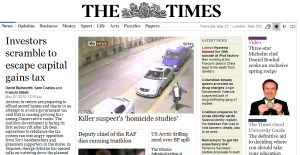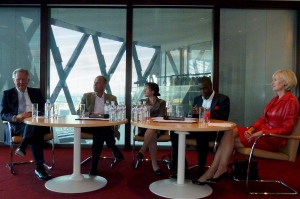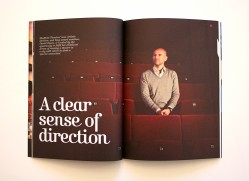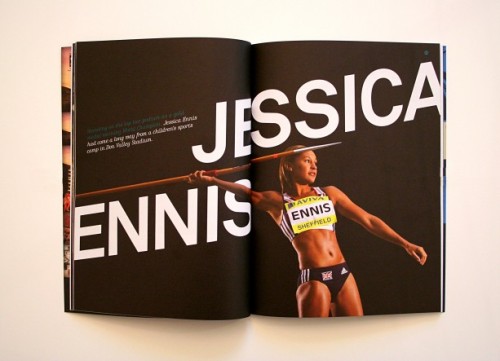This week, the lower house of the French parliament voted by 335 to one to approve a law which bans “the concealment of the face in public”.
The resulting debate has of course caused stark divisions, not least within the liberal camp. But the split now is not so much between those that are in favour and those against (with an excellent piece by Madeleine Bunting in the Guardian), but between people who have a hard-line view on the subject and those who are as yet undecided.
It’s a multi-faceted problem which is not easy to pick apart.
Some view the face covering veil as a refusal by those who wear it to accept Western culture, the divisive marker of an unmanageable fissure between Islamic culture and our own.
The ban itself could of course indicate a deep seated fear of the stranger in Western culture, of dislike of the unknown and a rejection of those who are different to ourselves. My optimistic inclination is to disagree with this thinking.
The ban itself can be seen as the demand from Western society for a level of openness which is, in that arena, expected. This is a demand for women to contribute to certain cultural norms, norms which dictate that the face is a vital element of communication and engagement with others.
These questions have contributed to just some of the noise surrounding the issue and are of course central to the argument – an argument which cannot be comprehensively dealt with in one blog post.
The view which has attracted most attention this week, however, is that for which the face veil is a “walking coffin” – acting as a powerful symbol which represents the subjugation of Muslim women.
It is one many commentators have supported and against the backdrop of recent human rights atrocities in Iran – in regard to the stoning-to death of adulterous women – my gut instinct would be to agree, strongly.
Yet gut instinct must take a back seat. After piecing together this puzzle of grey on grey I have cautiously made my decision that a ban from the State on women wearing face covering veils is unacceptable.
It goes without saying that we should not, as a culture, tolerate oppression. However, it is not the role of government to impose restrictions on women, especially if it is in a misplaced attempt to ‘liberate’ them. It is in no way progressive and wholly counter-productive.
Furthermore I find it arrogant of anyone who is a non-Muslim living in Western society to make blanket assumptions about why Muslim women choose to wear a veil.
To homogenise veil wearing women with such generalised statements and presuppose that none are making their own decisions is to infantilise each and every one of them.
I am not saying that oppression does not exist in Islamic culture, more that the wearing of a niqab is not a black and white indicator of that oppression, nor will simply banning the face veil prevent it.
The face veil can be a powerful symbol of an oppression that can exist but stripping it away will not prevent the subjugation of women in Islam as a whole and furthermore it smacks of hypocrisy.
Realistically, a ban could be more damaging, forcing women into seclusion as they feel increasingly alienated from ‘accepted’ Western culture and seen as weak instruments of male domination.
We do not live in a society where the state should intervene on this level – by telling women what they can and cannot wear.
However we go about tackling these issues, it is crucial that the State is not the function by which the rights of the woman are removed.
















